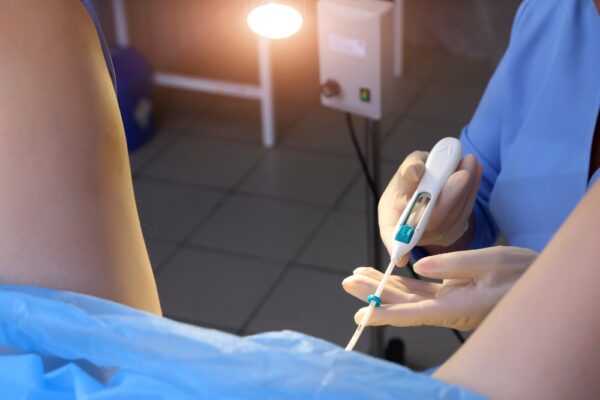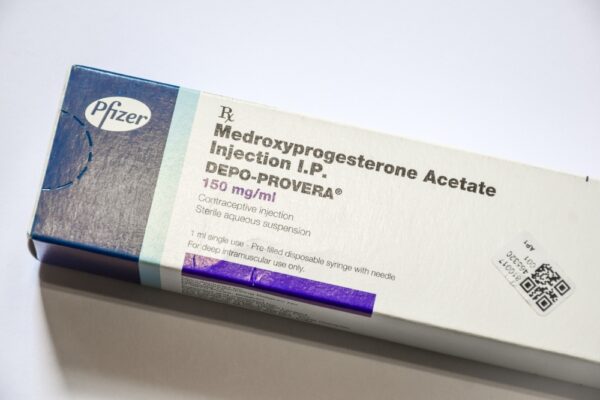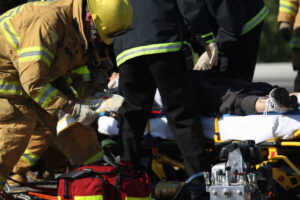On March 17, 2016 a jury awarded over 500 million dollars to 5 plaintiffs who suffered injury caused by a version of the DePuy Pinnacle Hip Replacement System (DePuy is a unit of Johnson and Johnson). $360 million of the award was for punitive damages. The fact that punitive damages were awarded is a very important part of this story.
A jury can only award punitive damages in a lawsuit against a company if there is evidence of bad conduct. Usually a judge won’t even allow punitive damages to be considered unless the evidence is somewhat overwhelming. Then the jury still has to look at all the evidence and hear argument from both sides before they agree to find conduct worthy of being punished.
The jury in this case made up of ordinary citizens who were selected by both the defense lawyers and plaintiff’s lawyers, decided that the evidence they heard during the trial convinced them that Johnson & Johnson had acted in a way to deserve punishment. The exact standard for punitive damages varies from state to state, however, it almost always requires conduct that is malicious, shows ill will, recklessness or complete indifference to safety.
The fact that the jury listened to the best evidence and argument presented by both the defense and the plaintiffs and still decided that Johnson & Johnson be punished should cause any citizen to ask, “What in the world did J&J do that would make nine impartial jurors agree to punish them to the tune of $360 million?”
The case was tried in the US District Court, Northern District of Texas where more than 8000 lawsuits are filed for defective hip devices. Plaintiffs claim that the devices are defective as a result of its metal on metal design which leads to early failures, high levels of toxic metals in the tissue and blood, necrosis and other injury that requires pre-mature revision surgery.













Comments for this article are closed.